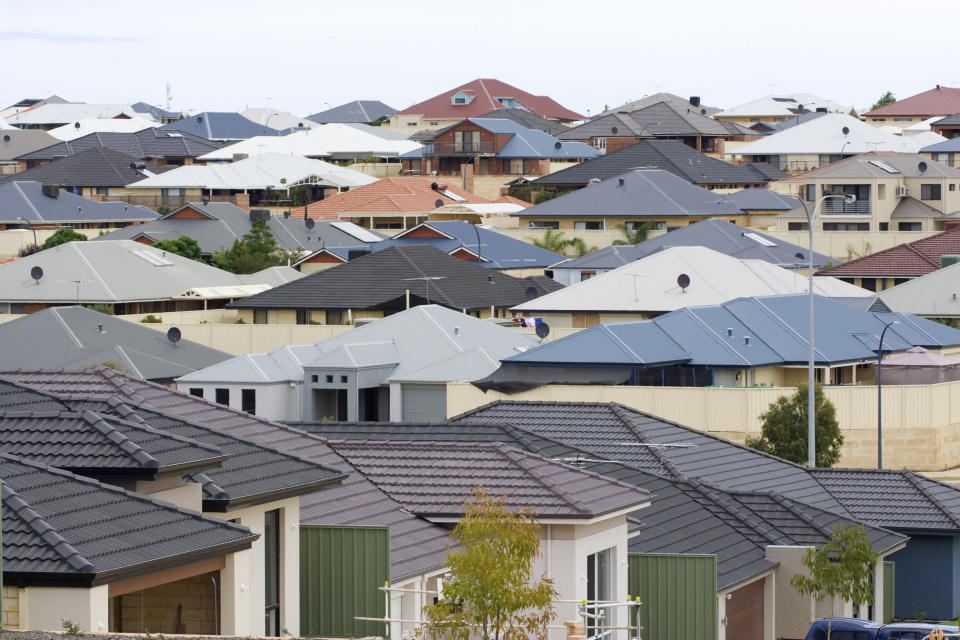Fresh challenge for negatively geared investors

The 2019 federal election was characterised by debates about negative gearing, franking credits and income tax.
And while negatively geared investors may breathe easier after learning that the Coalition would return to power, effectively quashing any potential changes to negative gearing tax benefits, that doesn’t mean it’s smooth sailing for Australia’s property investors.
“The risks on the negative gearing side of things is - particularly with property - people still see borrowing against property as low risk and it's not,” HLB Mann Judd personal wealth management partner, Jonathan Philpot said on Tuesday.
“Gearing is a higher risk strategy, and the problem is ... it's always at the very worst of times that gearing strategies fall apart.”
He said this happened in the GFC.
“When people's situations change, when they lose job positions, or cash flow becomes an issue, banks change the rules on them… that's when they see the large losses realised when you're having to sell a property at that point.”
A wave of investors changing from interest only to principal and interest loans
He pointed to the case of a Queensland couple suing Westpac for allegedly failing to assess their home loan applications properly after it underestimated their living expenses.
The couple claimed the assessment had lost them more than $430,000 on their two investment properties, with their case one of many in a class action by Maurice Blackburn.
The losses occurred when the investment property loans switched from interest only to principal and interest repayment plans.
“It's a big issue,” Philpot said.
“People think they can just keep rolling over these interest only loans but banks are pretty tight on this now with rolling people over to principal and interest repayments after the set five years.”
Interest only loans are a popular loan type among property investors, with Philpot warning investors need to be prepared for the cash flow hit.
It’s not a new concern either. In the four years from April 2018, nearly half a trillion dollars of interest-only loans will convert to principal and interest, meaning investors will suddenly spend around 40 per cent more on their repayments.
Commenting on the 30 per cent of loans undergoing conversions, the Reserve Bank of Australia described the change as an “area of concern”.
Continuing, he said property investors need to be aware that when they purchase properties near where they live - which most investors do - the majority of their wealth is tied up in a single market.
“As we know with property cycles; yes they move up quite strongly over a period of time but it also tends to be that the stronger the rise the longer the flat spell that you have then.
“If you did have all your money tied up in Sydney property, the next 10 years may well be a very lean spell,” he warned.
The lending environment has changed
According to realestate.com.au economist, Nerida Conisbee, with the federal election in the past, investors now face two key changes: the lending environment and confidence.
“The lending environment has definitely changed and it's not going to go back to how it was,” she said.
“So even though things will ease up in terms of accessing finance, it's not going to become super easy.”
When it comes to sentiment, Conisbee said there will be some investors who bought property when the market was strong but now have properties that won’t return to those values for a while.
“Particularly things like some new apartment developments that people bought into, I think those are the higher risk buyers.
“I don't think it will be smooth sailing [for investors] but it's definitely better for them than it was two weeks ago.”
Make your money work with Yahoo Finance’s daily newsletter. Sign up here and stay on top of the latest money, news and tech news.

 Yahoo Finance
Yahoo Finance 
